Top 5 Must-Read Books for Engineering Leaders
Top 5 must-read books for engineering leaders to boost team dynamics, drive innovation, and master flexible leadership. Lead with confidence in a tech-driven world!
Top 5 Must-Read Books for Engineering Leaders
As an engineering leader, it’s crucial to not only refine your technical skills but also grow as a leader who can inspire and manage high-performing teams. Here are my top 5 recommended books that every engineering leader should dive into, each offering unique insights into leadership, team dynamics, and the organizational culture needed to drive success. Whether you’re managing a small squad or overseeing large projects, these books will give you the tools you need to lead with confidence and agility.
1. The Five Dysfunctions of a Team by Patrick Lencioni
This book is an absolute essential for any leader, especially in the world of engineering. Lencioni’s “The Five Dysfunctions of a Team” provides a compelling narrative that highlights common pitfalls every team faces. He presents the five dysfunctions—absence of trust, fear of conflict, lack of commitment, avoidance of accountability, and inattention to results—as barriers that prevent teams from achieving success. For engineering leaders, it offers actionable insights into fostering collaboration and building trust within a team, while maintaining the agility necessary to adapt in fast-paced environments. This book truly embodies the spirit of flexible leadership and effective team management.
2. The Fearless Organization by Amy C. Edmondson
Creating a culture of psychological safety is a cornerstone of high-performing teams, especially in innovative fields like engineering. In “The Fearless Organization,” Amy Edmondson digs deep into the concept of psychological safety and why it’s crucial for fostering innovation. She emphasizes that when team members feel safe to speak up, share ideas, or admit mistakes, it leads to greater creativity and problem-solving capabilities. This is a must-read for leaders aiming to cultivate an environment where bold, fearless innovation can thrive.
3. Radical Candor: Be a Kick-Ass Boss Without Losing Your Humanity by Kim Scott
Kim Scott’s “Radical Candor” is a perfect guide for engineering leaders who need to master the balance between giving direct feedback and showing genuine care for their team members. The concept of radical candor revolves around being both challenging and empathetic, which is essential in high-stakes technical teams where precision matters, but so does the wellbeing of your team. Scott offers practical advice on how to build strong relationships while keeping accountability high—an ideal read for managers aiming to lead with compassion and integrity.
4. Team of Teams: New Rules of Engagement for a Complex World by General Stanley McChrystal
In “Team of Teams,” General Stanley McChrystal shares his experiences from military leadership, focusing on the need for adaptability in complex and unpredictable environments. This book introduces the idea that leadership in today’s fast-paced, interconnected world requires decentralized decision-making and cross-functional teamwork—concepts that directly apply to engineering leadership. If you’re managing multiple teams or working across disciplines, this book will teach you how to deconstruct traditional hierarchies and create agile, autonomous teams that can handle uncertainty with grace.
5. Leaders Eat Last by Simon Sinek
Simon Sinek’s “Leaders Eat Last” explores the importance of leadership driven by service and selflessness. He argues that the best leaders put the needs of their team first, which in turn fosters loyalty, trust, and exceptional team performance. For engineering leaders, this book is an inspiring read about the moral responsibility of leadership, where creating a supportive and trusting culture isn’t just good ethics—it’s good business. It’s about building a team that is both resilient and highly motivated, even in the face of technical challenges.
Each of these books provides a unique perspective on leadership, from managing interpersonal dynamics to fostering innovation and trust. As engineering leaders, the ability to adapt and grow, while supporting your team, is the key to long-term success. These reads will help you master the art of leadership and prepare you for whatever challenges may come your way.
Do you have other books you’d recommend to fellow engineering leaders? Let me know in the comments below!

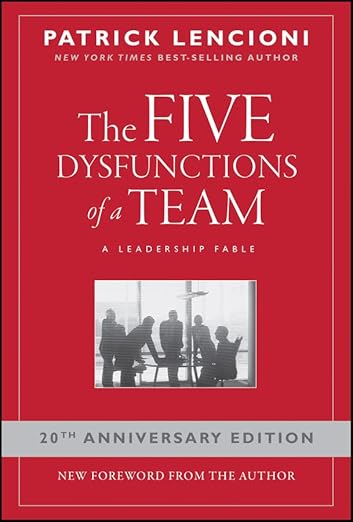
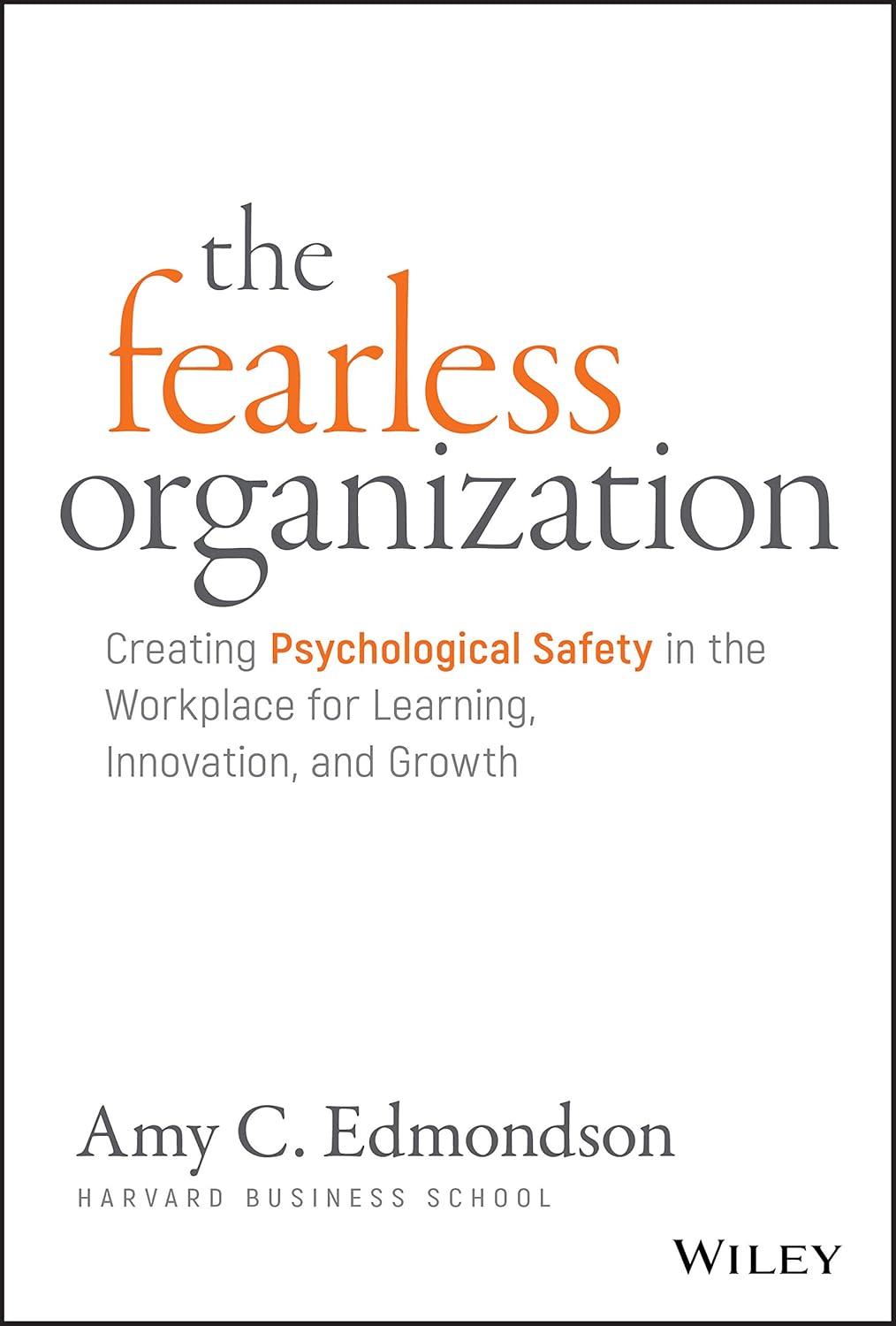
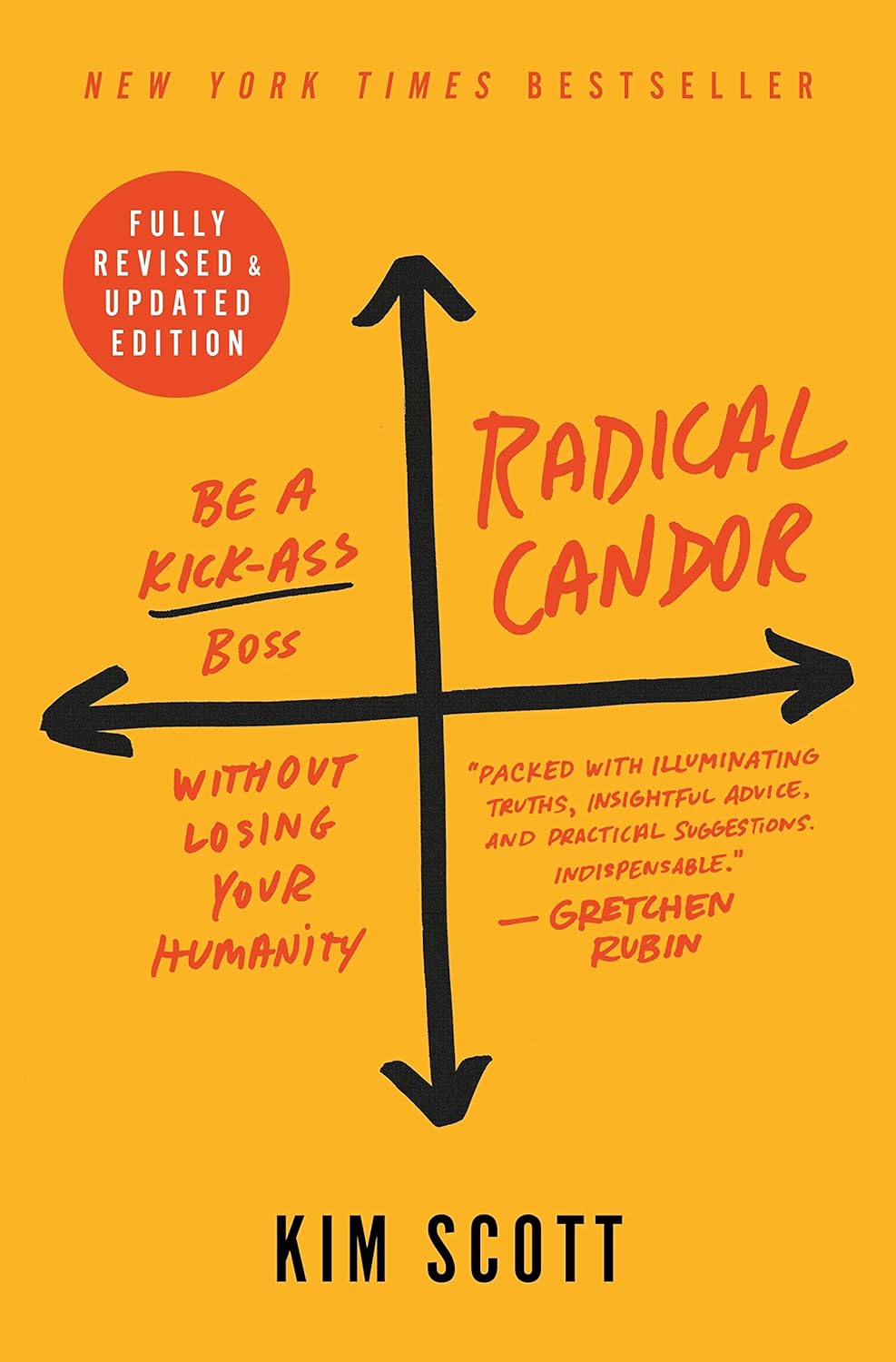
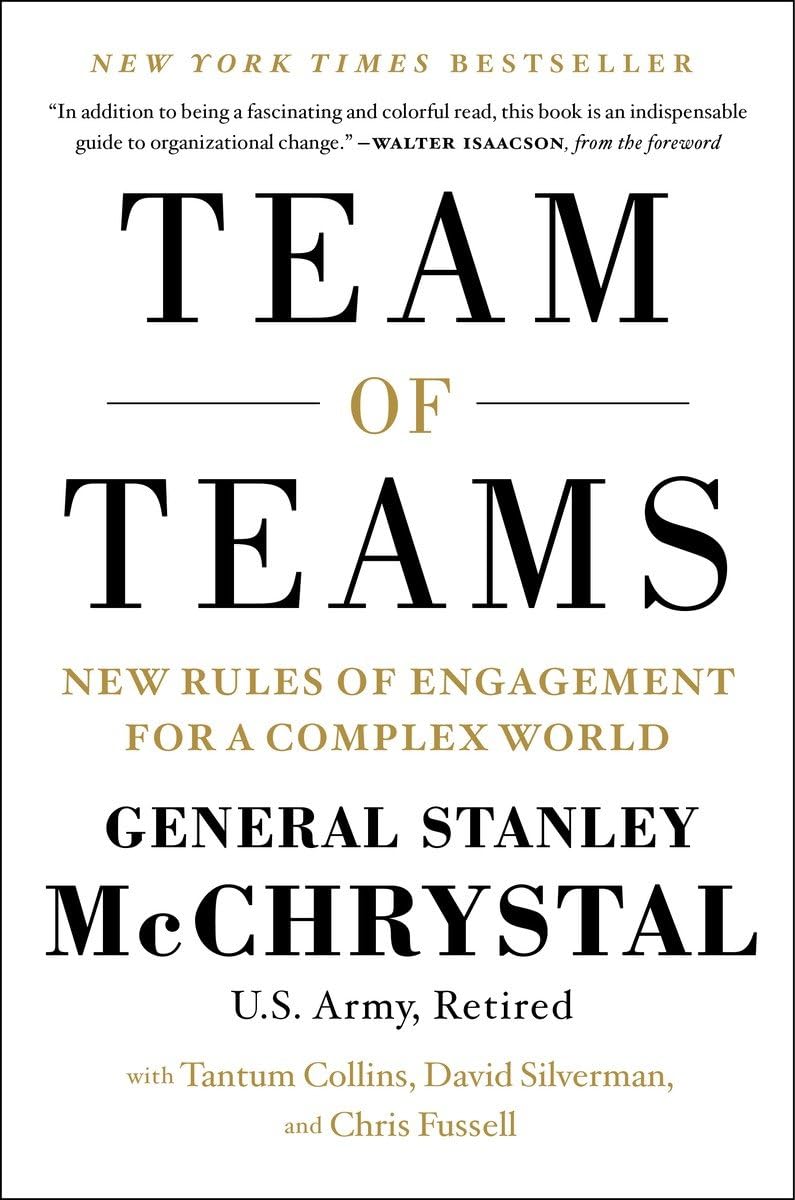
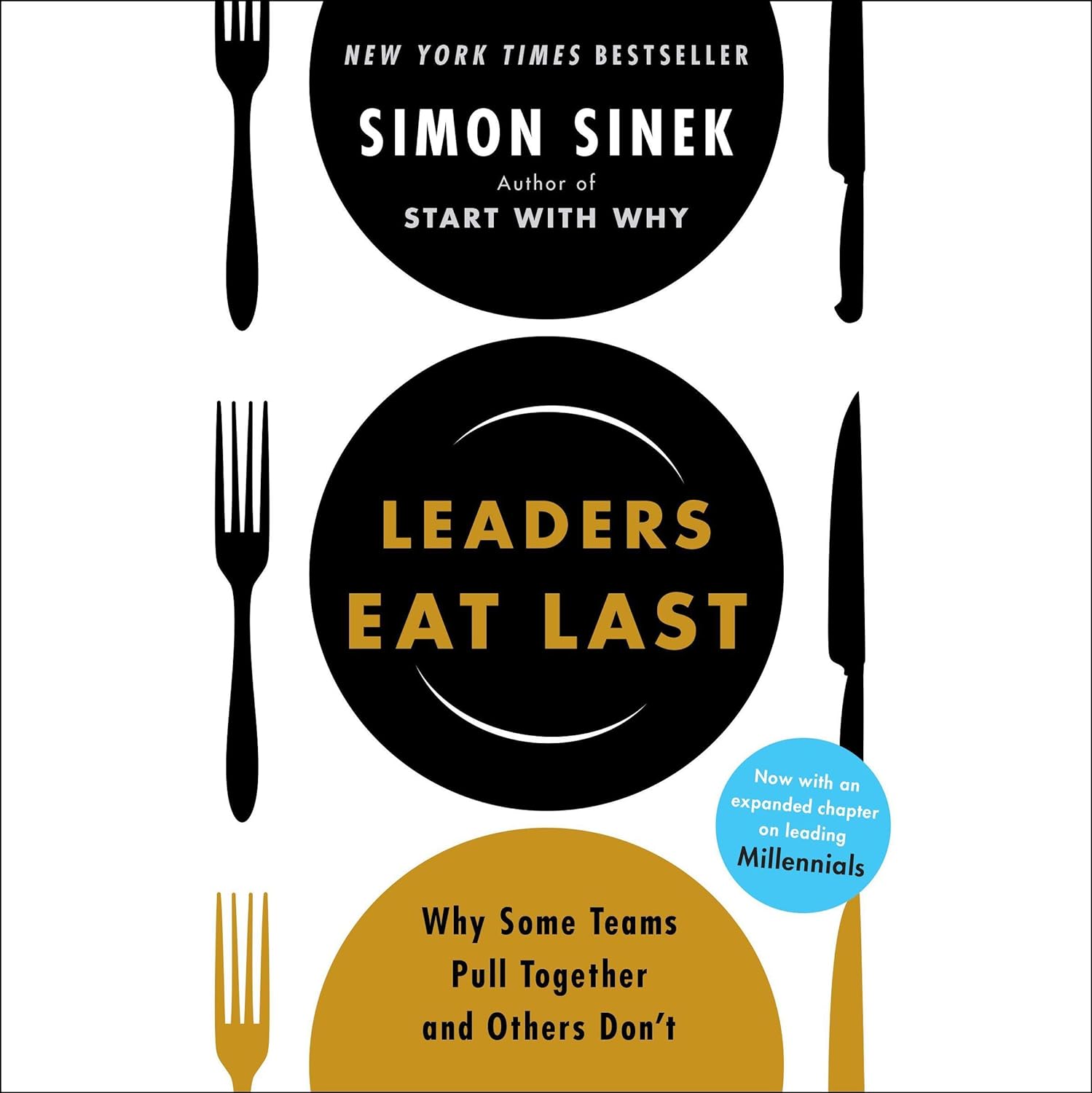
Comments powered by Disqus.